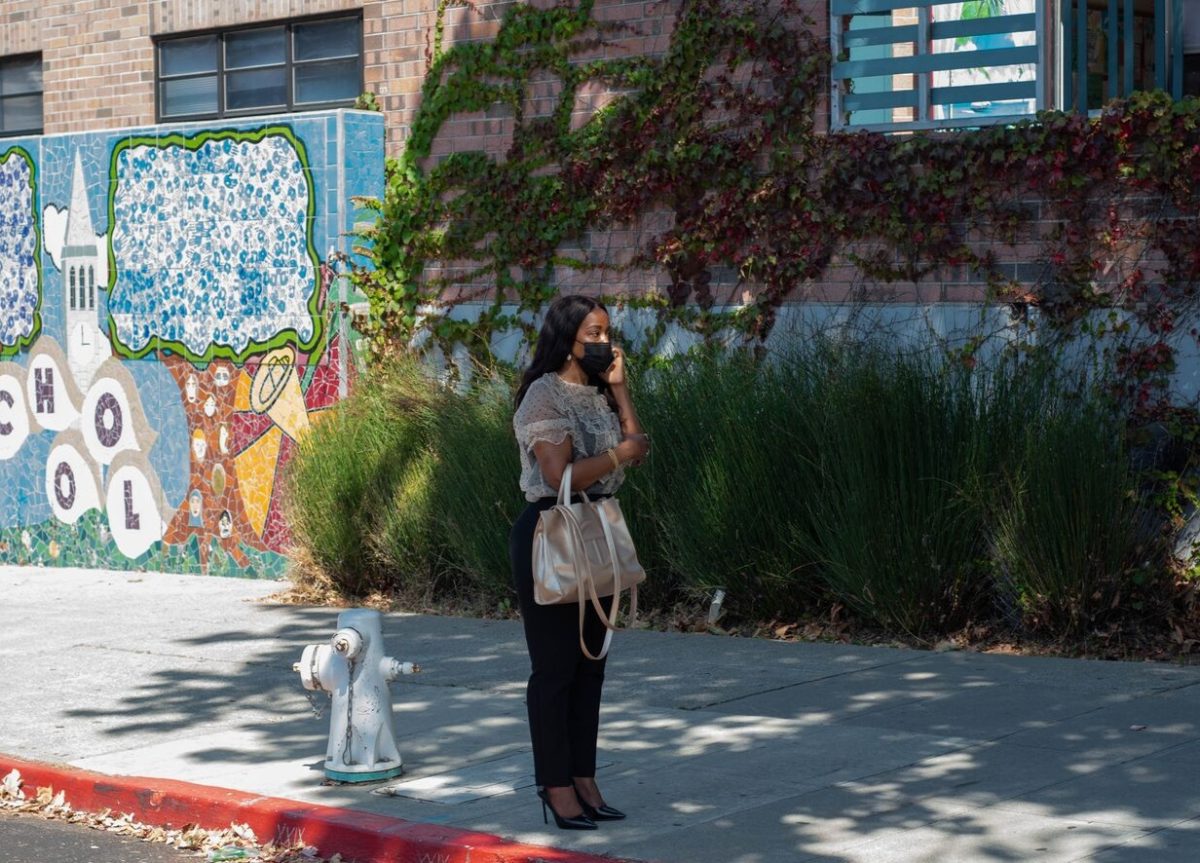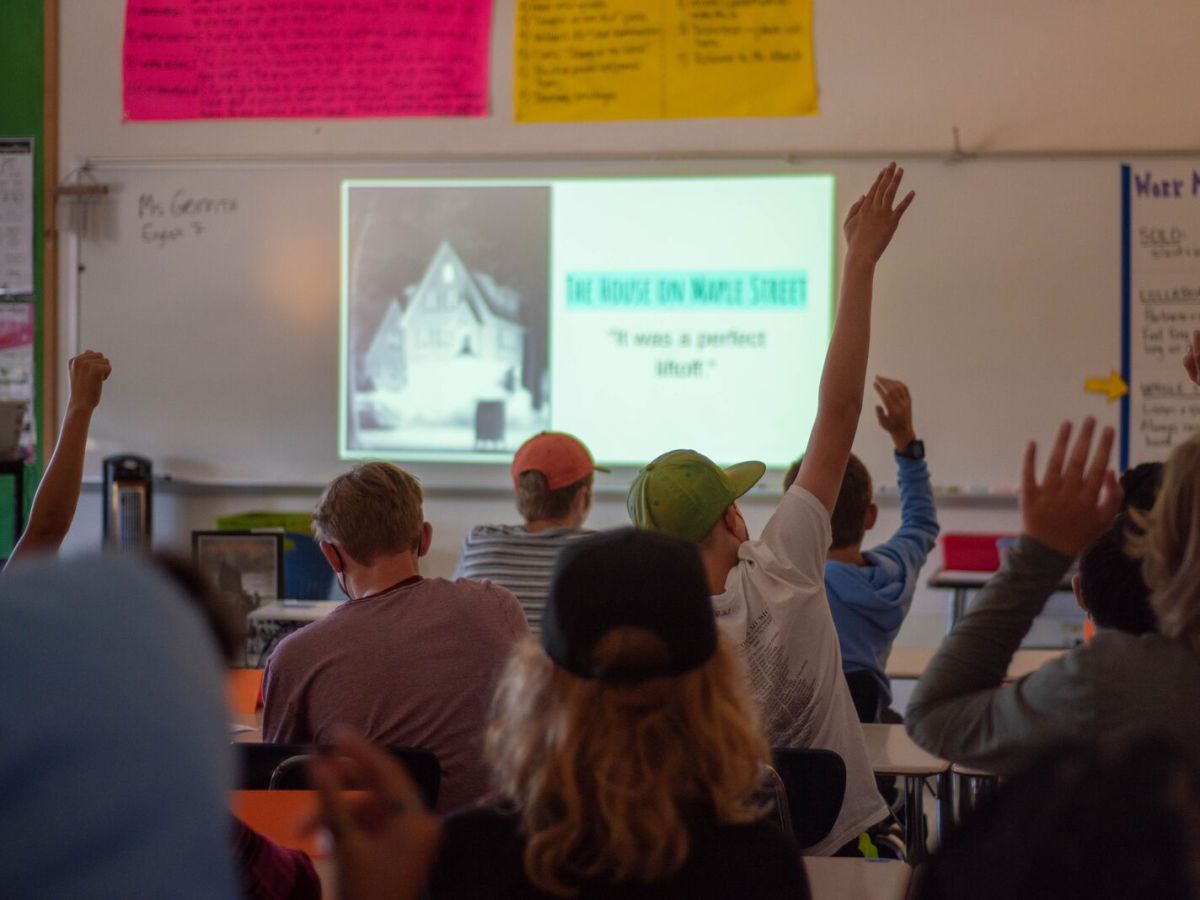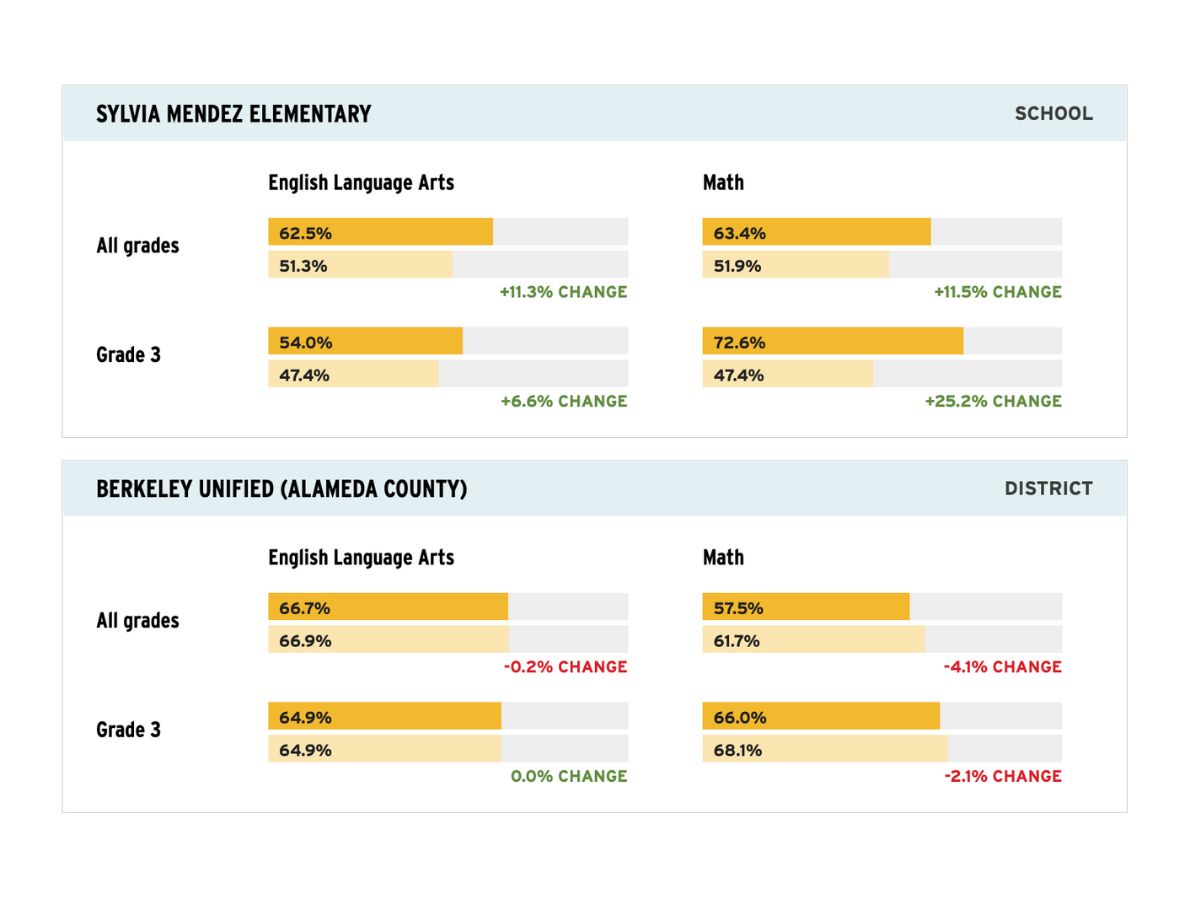
Five months after taking the reins as superintendent of Berkeley’s schools, Enikia Ford Morthel has unveiled a new governance plan for Berkeley Unified intended to improve the district’s capacity to implement its goals of providing high-quality instruction, timely academic interventions and safe and inclusive climates.
“We don’t need any more plans or resolutions,” Ford Morthel told the school board Wednesday night. “We need to do what we said we’re going to do.”
In her presentation, developed out of more than 300 conversations with members of the Berkeley community, Ford Morthel described a kind of “initiative fatigue” at BUSD, resulting from a stream of new directives that often overlap with existing programs and are too infrequently assessed.
Over the last few years, the Berkeley school board has passed several new resolutions and overseen the development of lengthy plans, including those intended to raise academic achievement for Black and Latino students and students learning English.
Ford Morthel said she wants the district to focus on operationalizing those plans and evaluating existing programs to identify what’s working and adjust what’s not.
“I’m not about the title or the topic, I’m about ‘Are we actually doing what we said we’re going to do?’” Ford Morthel told the school board. “I believe we need to commit to action and get really clear on what we do and how we do it, and bring some level of alignment and coherence to our system.”
This includes conducting audits of BUSD’s curriculum and instruction, starting with how the district teaches literacy, the subject of a 2021 settlement agreement between BUSD and families who sued the district. Ford Morthel said the district does not always employ evidence-based practices or make decisions based on data.
In the past, school board directors have asked district staff to collect and present data showing which programs are effective and ineffective, but this level of information has been limited. And too often, the superintendent said, services and programs are outsourced to consultants and outside organizations, rather than provided by BUSD staff.
Broadly speaking, Ford Morthel said staff can lack “organizational clarity” on how programs feed into the district’s larger goals or what the metrics for measuring program success are. She wants to ground employees in BUSD’s concrete goals and systems.
During her listening tour, Ford Morthel said families she spoke with painted a picture of BUSD as an academically divided district, with markedly different experiences at Berkeley schools depending on students’ race.
Families — especially Black and Asian ones — also described to Ford Morthel a pattern at BUSD in which they repeatedly shared their experiences but things didn’t change. “For years people listen, but nothing is done,” Ford Morthel summarized.
These are patterns that Ford Morthel aims to interrupt.
The superintendent said enabling every student to reach academic excellence is an uphill battle against a larger education system that is designed to reproduce inequality, not interrupt it.
“This system is designed to get the exact results that it’s getting,” she said. Change “requires us to be intentional and very strategic.”
Ford Morthel also highlighted district strengths repeated by community members during her listening tour. These include a strong sense of community, tuned-in student activists, a large number of longtime teachers, rich supplemental programming like gardening and career technical education, a balanced budget dating back a decade and a major stream of supplemental revenue through local measures.
Ford Morthel promised to update the school board on progress toward the goals outlined in her presentation next semester.



